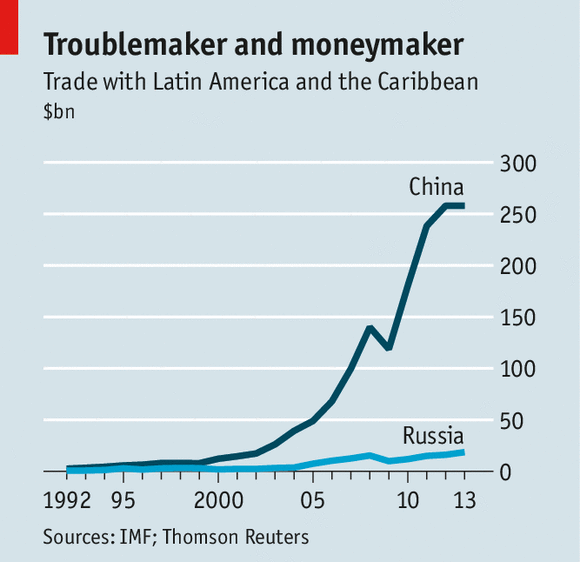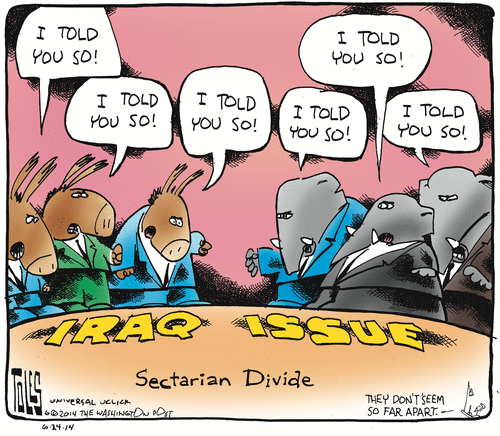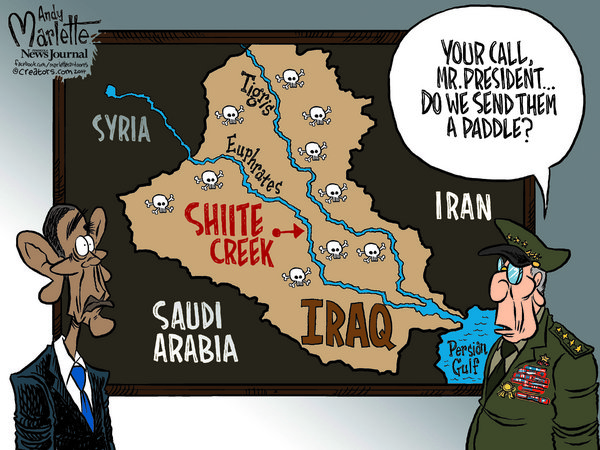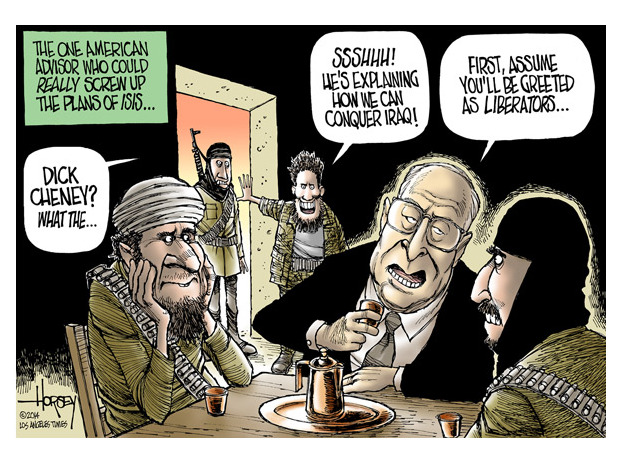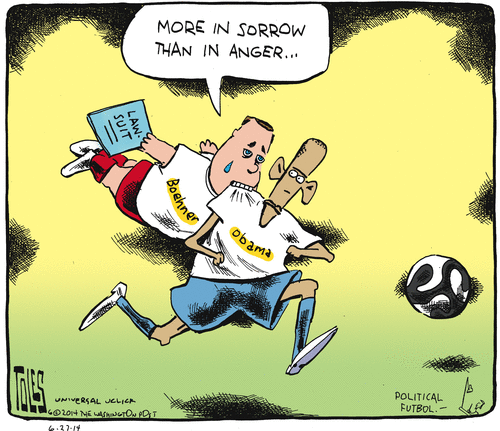The Daily Escape:

Sunset, Flaming Gorge Reservoir Recreation Area, UT – August 2023 photo by Doreen Lawrence. The Gorge is the largest reservoir on the Green River.
Welcome to your Monday wakeup call! Wrongo has lived a long life, but he’s still 20 years younger than Henry Kissinger. Kissinger turned 100 in May. When Wrongo was in his late teens, he was protesting against the war in Vietnam. At that point, Kissinger was already a foreign policy advisor to the failed presidential campaigns of Nelson Rockefeller.
He would go on to become Nixon’s national security adviser and Secretary of State, a crucial figure overseeing the conflicts in Vietnam, Cambodia and Laos, that many say included war crimes. Kissinger was never indicted, but Anthony Bourdain wrote the following about Kissinger in his 2001 book “A Cook’s Tour”:
“Once you’ve been to Cambodia, you’ll never stop wanting to beat Henry Kissinger to death with your bare hands. You will never again be able to open a newspaper and read about that treacherous, prevaricating, murderous scumbag sitting down for a nice chat with Charlie Rose or attending some black-tie affair for a new glossy magazine without choking. Witness what Henry did in Cambodia—the fruits of his genius for statesmanship—and you will never understand why he’s not sitting in the dock at The Hague next to Milošević. While Henry continues to nibble nori rolls and remaki at A-list parties, Cambodia, the neutral nation he secretly and illegally bombed, invaded, undermined, and then threw to the dogs, is still trying to raise itself up on its one remaining leg.”
But unlike other possible US war criminals like Reagan and Nixon, Kissinger has never needed to rehabilitate his reputation. As Rebecca Gordon says:
“….despite his murderous rap sheet, the media and political establishment has always fawned over him.”
Kissinger is remembered for his initiative to open diplomatic relations between the US and China in 1972, though full normalization of relations with China would not occur until 1979.
Kissinger’s second innovation was inventing the for-profit third act of a public service career. Before him, former foreign policy principals usually wrote a memoir, gave the occasional foreign policy speech, and maybe became head of a nonprofit.
But Kissinger pioneered a for-profit third act in 1982 when he and Brent Scowcroft founded Kissinger Associates (with the help of a loan from the international banking firm of E.M. Warburg, Pincus) to offer advisory services to corporate clients. Kissinger’s prime selling point was that he had access to the corridors of power, not only in Washington, but in Beijing and Moscow.
Wrongo started out being a fanboy, having read Kissinger’s 1957 book “Nuclear Weapons and Foreign Policy” while in high school. It criticized the Eisenhower Administration’s “massive retaliation” nuclear doctrine. It also caused much controversy at the time by proposing the use of tactical nuclear weapons on a regular basis to win wars. Once Wrongo was running a tactical nuclear missile base in the mid-1960s, he was no longer a fan.
Wrongo met Kissinger in the mid-1980s at an event hosted by David Rockefeller at his Pocantico Hills estate. HK was walking his dog, a particularly obstreperous Golden Retriever. Wrongo asked “What’s the dog’s name?” Kissinger replied: “Madman”. Could there be a more perfect name for a Kissinger family pet?
Kissinger provided advice, both formal and informal, to every president from Eisenhower to Trump (though apparently, not yet to Biden). His fingers are all over the foreign policies of both major Parties. And in all those years, no “serious” American news outlet ever reminded the world of Kissinger’s long history of bloody intervention in other countries.
In fact, as his hundredth birthday approached, he was fawned over in an interview with PBS NewsHour anchor Judy Woodruff. From Rebecca Gordon:
“Fortunately, other institutions have not been so deferential. In preparation for Kissinger’s 100th, the National Security Archive, a center of investigative journalism, assembled a dossier of some of its most important holdings on his legacy.”
A third thing that Kissinger is associated with is the use of the concept of “Realpolitik” in foreign policy. It means conducting diplomatic policies based primarily on considerations of the reality on the ground, rather than strictly following ideology or moral and ethical premises.
Realpolitik has come to mean something quite different in the US: It is associated not with “what is” but with “what ought to be” on the ground. In Kissinger’s realpolitik, actions are good only when they sustain and advance American strategic power. Any concern for human beings that stand in the way, or for the law and the Constitution, are not legitimate.
More from Gordon:
“That is the realpolitik of Henry Alfred Kissinger, an ethical system that rejects ethics as unreal. It should not surprise anyone that such a worldview would engender in a man with his level of influence a history of crimes against law and humanity.”
The idea that the only “realistic” choices for generations of America’s leaders require privileging American global power over any other consideration has led us to our current state — a dying empire whose citizens live in an ever-more dangerous world.
Wrongo knew about Kissinger while in high school 60 years ago. There are thousands of Boomers who worked around him in government and the military who have clear personal memories of his actions. The late Christopher Hitchens wrote “The Trial of Henry Kissinger” which examines his alleged war crimes. These link Kissinger to war casualties in Vietnam and Cambodia, massacres in Bangladesh and Timor, and assassinations in Chile and Cyprus.
Not surprisingly, there are a number of countries HK’s had to avoid visiting in his “retirement” lest he be taken into custody on war-crimes charges.
And yet, he was Hilary Clinton’s foreign policy guru. He remains a respected political elder. It is as if we, as a nation, regularly put any of our memories older than last week down the memory hole to be incinerated. Of course, if nobody remembers anything inconvenient, then no one can be guilty of anything.
A thought game: Which living person gets sent into Hell first? Who should go second? Wrongo will start. First, Kissinger. Second, Dick Cheney. Your turn.
Time to wake up America! Some of our politicians deserve trials. To help you wake up, listen to the late Peter Tosh’s 1969 tune “You Can’t Blame The Youth”:
Sample Lyrics:
So, you can’t blame the youth of today
You can’t fool the youth
You can’t blame the youth
You can’t fool the youth
[Verse 3]
All these great men were doin’
Robbin’, a rapin’, kidnappin’ and killin’
So called great men were doin’
Robbin’, rapin’, kidnappin’




